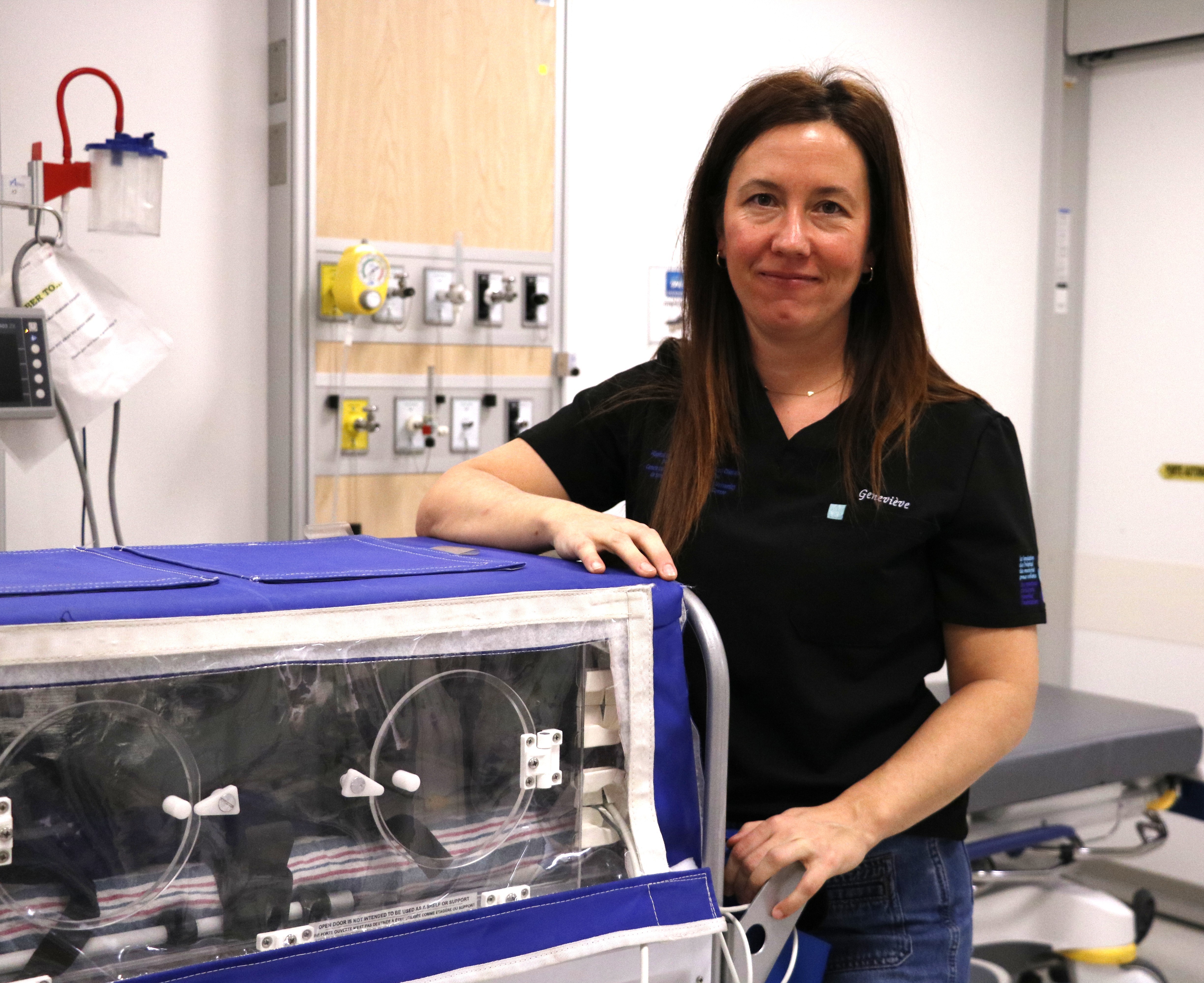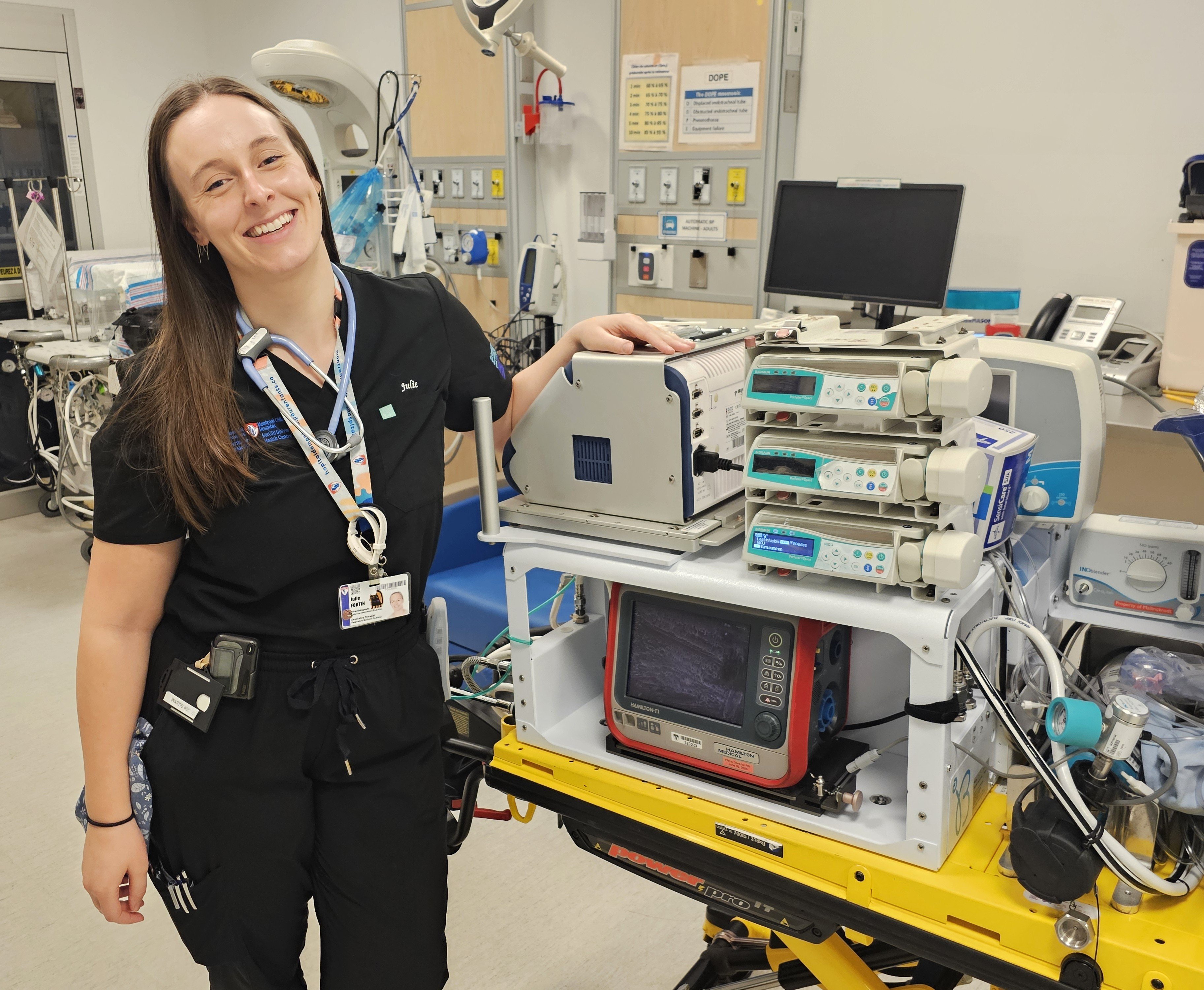
Celebrating Critical Care Transport Nurses at the MCH
18 February 2026
Rise in respiratory infections and measles outbreak: important infection prevention measures at the Montreal Children’s Hospital.
Read more
19 January 2018
The flu affects 5 to 30 percent of the population every year. However, diagnosing the flu based on clinical symptoms is difficult because it manifests differently in every patient. Luckily, the flu can be diagnosed with a test.
The gold standard of flu tests, known as RT-PCR, is extremely accurate at diagnosing the flu, but these tests must be sent to a laboratory and have turnaround times of four to 24 hours. Therefore, rapid diagnostic tests were created, but clinicians eventually realized that they were not as accurate at detecting the flu.
Dr. Jesse Papenburg, Pediatric Infectious Disease Specialist and Medical Microbiologist of the Research Institute of the McGill University Health Centre (MUHC), has confirmed that two new classes of rapid influenza diagnostic tests are significantly better at diagnosing the flu in both children and adults than the traditional types. These new rapid tests are simple, fast, and can be carried out by non-laboratory personnel at the bedside.
“Rapid and accurate diagnosis of influenza has the potential to improve patient outcomes and decrease health care costs. It can prompt the initiation of antiviral therapy, and lead to fewer unnecessary diagnostic tests, like chest x-rays and blood tests, fewer hospitalizations, and less unnecessary antibiotic use,” says Dr. Papenburg.
Unlike the traditional rapid test, the newer rapid tests require additional equipment and although the new tests are being used more now, in November 2016, the Laboratoire de santé publique du Québec found that 30 of Quebec’s 64 labs used the traditional tests, while only 12 used one of the new rapid versions.
The study was published in Annals of Internal Medicine, one of the most highly cited and influential medical journals in the world.
The Public Health Agency of Canada estimates that there are approximately 180,000 influenza-related emergency room visits, 12,200 influenza-related hospital admissions and 3,500 influenza-related deaths annually in Canada. Each hospitalization is estimated to cost more than $14,000.

Celebrating Critical Care Transport Nurses at the MCH
18 February 2026

5 January 2026

A rare respiratory disease may be more prevalent in Quebec
27 November 2025

Traffic back to normal at the Glen site
6 November 2025

Falling in love with Occupational Therapy
27 October 2025

Thank you to our amazing Respiratory Therapists
23 October 2025

Spiritual Care at The Montreal Children’s Hospital
20 October 2025
